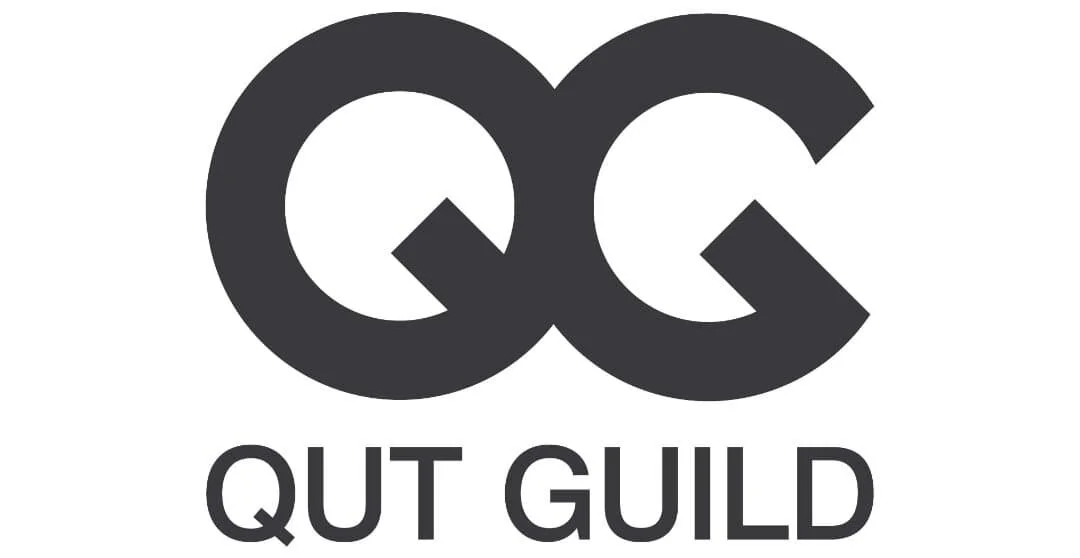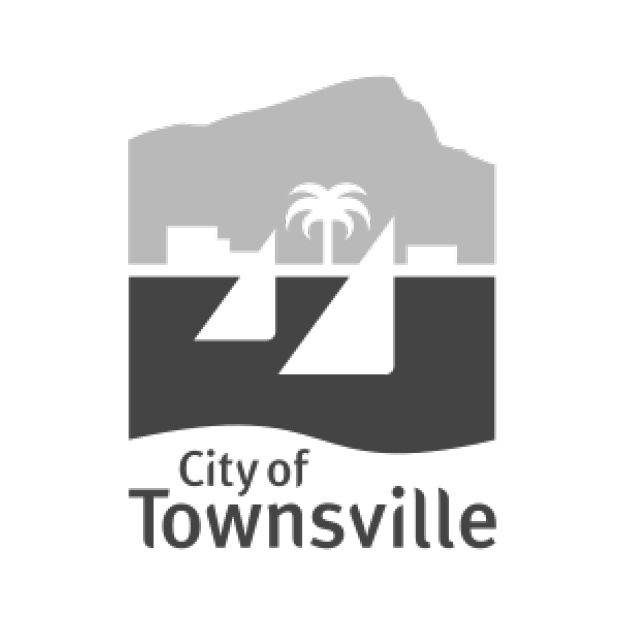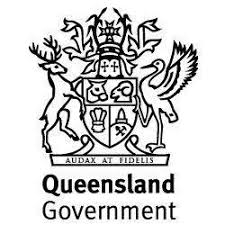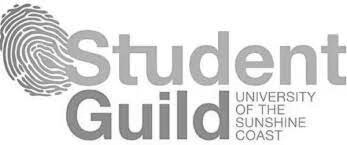It always surprises me when there are empty chairs!
Running club governance training workshops for community groups, sport and recreation clubs and charities has been one of the most interesting parts of our role for more than 25 years. Whether they are one-on-one programs for small groups, interactive sessions full of round tables or keynote presentations at annual conferences, it never ceases to amaze me that some club leaders still choose not to attend.
The reasons we hear from people who didn’t show up always seem to be last-minutes excuses. “Our president couldn’t make it because she’s coaching tonight.” “The treasurer said he didn’t need to come because he went to a workshop last year.” “There’s nothing wrong at our club at the moment, so we’ll pass.”
The members of those clubs are probably not aware that their leaders aren’t investing in their own learning and growth. You can think of your committee or board members as the flight crew and your organisation like a passenger plane. Would you get on a plane if you knew that no one in the cockpit had spent any time in a flight simulator over the past year? I certainly wouldn’t!
In a previous article about the importance of club governance training (Why Your Committee Needs Club Governance Training, February 2022), we looked at how a great club governance training program should be structured and why it’s best to appoint an external governance training facilitator.
Yet there are still empty chairs at the beginning of some of our programs, even though those programs are sometimes heavily subsidised by local Councils or peak bodies. After every single one of these sessions, people tell us similar things, like, “If I’d known the training was going to be this interesting, I’d have insisted that my whole committee attend!” Or, “I wish I’d known what you taught us tonight when I first started in this role 15 years ago!”
So how can we break down the barriers to people investing what it takes to ‘get back in the simulator’ and join in not-for-profit governance training? We think that the people who aren’t committing to well-structured, systematic governance training may believe some or all of the following six myths. We hope that by busting these myths about non-profit governance training, we’ll encourage people to fill every single chair at every club governance training session we run!
Myth 1: It’s too expensive
Anyone who is focused exclusively on the cost of a training program has either never been to a good one, or never been to one at all.
In reality, nobody buys anything on cost alone. We always make our purchasing decisions based on value, which is based on the return we expect to enjoy from the investment we make. That’s the best way to think about any fees that you’ll pay for governance training. Consider it an investment, and you should expect a return on that investment.
The cost of governance training will depend on things like how long the program will run, how many people will be involved and how broad is the list of topics to be covered. It may range from a couple of thousand dollars for an initial session, to a regular annual investment of several thousand dollars and include training, ongoing mentoring and refreshers, and new member inductions.
More important than the actual dollars you spend however, will be how you enjoy the return on your investment. Your governance trainer can let you know what to expect. You should be able to buy back hours of your time by doing things more efficiently and knowing the rules can help you avoid stressful and embarrassing situations at important times like around your AGM.
So don’t be scared about committing some of your club’s money to effective governance training, as it’s guaranteed to be worth the investment.
Myth 2: We can’t afford the time
Do you remember the first day you used a brand new operating system on your Windows PC or Mac? For the whole day, it probably felt like you were going backwards because it seemed like everything was in a new place on the screen. But you persevered and a few days later you were more productive than ever.
It’s exactly the same when you commit time in your volunteer schedule to ‘sharpen the saw’, by putting aside a few hours here and there to hone your knowledge and governance skills.
If you’re on a committee and you think you can’t find the time it takes for governance training, have a close look at where you’re spending your time. Are you that president who missed the training workshop because you had a team to coach? Apart from the fact that you shouldn’t be crossing the line between governance and operations, you need to consider what will have the best long-term impact on your effectiveness as a club leader. Surely you could have found someone to fill in for you on the field that night. You’ll never know what you missed out on learning, but I’m positive it would have made you a better president… because it did for everyone else who was there!
Myth 3: We don’t need it
This is the myth that affects clubs that don’t invest in governance training because they think that everything is going fine right now. It’s also the excuse used by committee members who look back and see that previous committees have never invested in volunteer training and think, “Why should we?”
Another time the myth that people don’t need governance training comes into play is when committee members have learned everything they think they need to know from other committee members and their predecessors. But what if your predecessors had it wrong? What if they’ve been acting out of line with the constitution for years?
And the most damaging reason people think they don’t need training in good club governance is because they believe that ‘good’ is ‘good enough’. Just because things are working ok at the moment doesn’t mean that things couldn’t be better or easier. The best club governance training courses will help you challenge the status quo and find ways to streamline your operations to make you a more effective club leader.
Myth 4: We can do it ourselves
AND
Myth 5: We can subscribe to online governance resources instead
Myths 4 and 5 go hand-in-hand. Some people think that a DIY approach to governance training, or subscribing to some cheap online resource tools, will be just as good as finding a trainer who can design and deliver an effective, tailored governance solution. But that’s simply not the case.
Committees might try to rely on their club’s matriarch or patriarch - that wise elder who has been there for decades - to pass on all of their wisdom and knowledge. But just like those committees who believe in myth 3, how can you be sure that your elder knows what’s actually true, and are you sure they’ve kept their knowledge up to date and in line with changes to legislation and best practice governance principles?
Other clubs think that spending a few bucks to subscribe to some online ‘hub’ of generic templates, boring recordings and wordy resources will give them what they need. Save your money! Keep it to invest in proper training.
Sure, they may only cost you $59 a year, but the main problem with access to cheap resources is that when you have a specific issue to solve or some acute problem, you’ll have to trawl through hours of tedious content and hundreds of pages of out-of-date resources by yourself to try to find the solution you’re looking for. The best club governance training programs will be delivered by experienced professionals who will be able to sensitively triage your problems and guide you quickly to the best solutions. Those solutions should definitely be backed up by online content, video resources, written guides and fact sheets, and useful templates that can be tailored to your needs, but your governance training expert will be able to point you to what you need, when you need it. You should never feel like you have to ‘go it alone’.
Myth 6: What we don’t know can’t hurt us
The final myth is based on the age-old tactic of burying your head in the sand. Some people are afraid to engage with governance training professionals because they are worried about what they might find, especially if it could mean more work to get the house in order. But ignoring problems won’t make them go away, and, “I’m sorry, Your Honour… I didn’t know that…” is not a valid defence should something go wrong.
And finally, myth 6 may be innocent enough, but sometimes it’s anything but… Believe it or not, volunteer organisations are not immune from scammers and fraudsters. Unfortunately there are too many stories of people who put their hand up to go on a committee just so they can swindle the club’s money. It’s understandable why these people are vocal opponents of bringing in outside help. If someone on your committee appears to be unreasonably against engaging professional governance training experts, not only should you have a good look at the club’s finances, but this might be exactly the right time to invest in external training!
With more than two-and-a-half decades of experience delivering engaging, enjoyable, interactive (and yes, even fun!) club governance programs, at CPR Group, we’ve had plenty of time to see the amazing growth that follows on from our great induction programs, ongoing training and mentoring. When you’ve busted these myths in your mind, contact us to co-design the best governance review and training program for your organisation.




























